
Bipolar disorder is a mental disease that can not be cured by the willpower. It is necessary to take drugs for a whole lifetime. Psychotherapy, in addition to medications has an important role in the treatment of bipolar disorder. It can help patients to adjust to their disease, to understand the reasons and ways of taking drugs and to develop strategies for alleviating symptoms. Talk therapy provides talk about fears, feelings and behaviors that cause problems and helps patients to improve self-image.
There are several types of psychotherapy such as:Behavioral therapy is directed to correction of behaviors which cause a lot of stress.Cognitive therapy is focused on the identification and changing behavior patterns following the shifts of mood. Interpersonal therapy considers that the key of successful alleviating symptoms of the disease is establishing and maintaining positive and strong relationships between people. Social rhythm therapy uses to create and maintain daily routines.
Psychiatrists prescribe a wide range of drugs for the treatment of bipolar disorder - mood stabilizers, antidepressants, antipsychotic, anxiolytics, benzodiazepines and anticonvulsansts. Patients use these drugs for a long time. In the first few weeks mania and depression are mitigate, while their further use maintains received state of mind and prevents the return of episodes.
Mood stabilizers affect on improvement of socialization, improve mood and behavior. They are used for calming manic attacks and raise enthusiasm. With their use it is necessary to regularly monitor blood levels as high levels can be toxic.Since there is a risk of suicide in bipolar patients, it is important to note that they significantly reduces that risk.
Anticonvulsants provide multiple opportunities to alleviate symptoms of bipolar disorder. In order to achieve optimum results they are mainly used in combination with other anticonvulsants.
Also, in the case when bipolar mania is followed by psychoses, one can use antipsychotic, alone or in combination with other drugs.
Sometimes, for treating bipolar disorder, doctors prescribe benzodiazepines which are used to treat insomnia and anxiety. The main purpose of these drugs is slowing down brain function. It is important to note that these are addictive drugs so their use should be limited to the lowest possible level.
In the depressive episodes of bipolar disorder uses antidepressants which doctors prescribe in small doses because of the risk of intolerance. Treatment of depressive episodes includes several contradictions. Using antidepressant may lead to the manic episodes. Also, they contribute to a rapid cycling. In order to overcome these contradictions, psychiatrists prescribe antidepressants simultaneously with taking mood stabilizers such as valproate and lithium. After reducing depressive episodes antidepressants are abolished.
All these drugs have some common side effects such as dry mouth, blurred vision, nausea, dizziness, drowsiness, changes in body weight, constipation, diarrhea, changes in blood pressure, headache, mild hand tremor that usually disappear after a certain time of using them. However, long-term and regular use of these drugs may have some lasting effects such as liver dysfunction, weight gain and kidney dysfunction.
It may be that a prescribed drug does not work. In this case, you should not give up but be persistent in finding a drug that will suit you. When you start treatment you should develop a system of taking your medications and to strictly comply it. Take medication together with performing regular daily activities such as breakfast, brushing teeth or going to sleep. You should find a way to keep track of drunken tablets and consult your physician what to do in case you forget to drink a pill. Also, you must not stop using drugs if it is not allowed by your doctor.


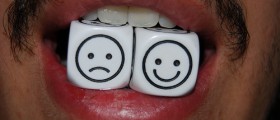

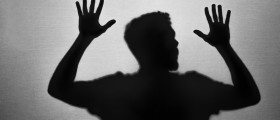
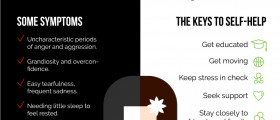


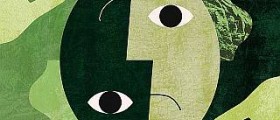

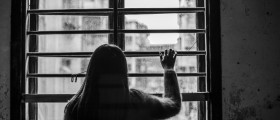
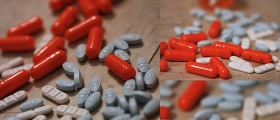


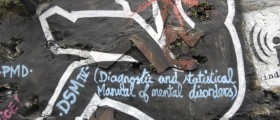


Your thoughts on this
Loading...